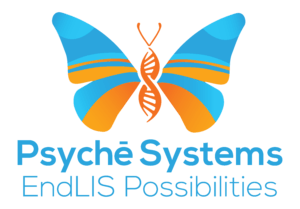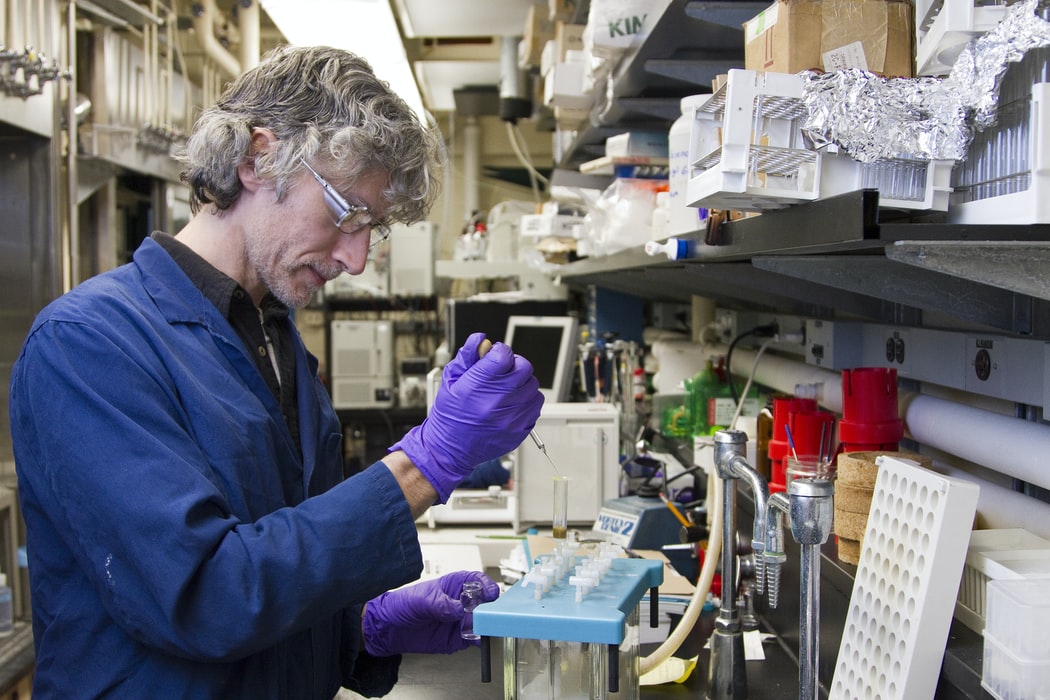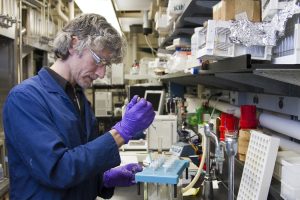According to S.E. Gould, “Synthetic biology is a science that lies at the intersection of biology and engineering—and is, therefore, quite an intriguing subject for a microbiologist to venture into.” As a society, we have reached an amazing time to explore and seek solutions to difficult problems. In no area is this more true than in synthetic DNA and genetics. In today’s blog, we’ll take a look at how cloud laboratory software can bring these two sides of science together.
What is Synthetic DNA?
Synthetic DNA is typically used for research in areas where using active DNA is not possible or not preferred. The process involves advanced research into DNA sequencing and a creative imagination. One of the most exciting things about using synthetic DNA is the flexibility that it offers the biologist working with it.
How Can Cloud Laboratory Software Use Synthetic DNA?
Synthetic DNA provides a lot of freedom for the researcher on the quest to answer their questions. Of course, the professionals who work in these areas have extensive knowledge of DNA and genetics that makes their curiosity grow even more. With added access to cloud laboratory software like the programs offered by Psyche Medical Laboratory Software, geneticists have the flexibility to explore. Anywhere.
Cloud laboratory software provides experts with the ability to blend their understanding of science with the skills of engineering. The use of synthetic DNA to explore genetics will allow teams of researchers to innovate in previously impossible ways. On the front side of the issues, these scientists can make strides forward for the good of humankind. On the back side, the right cloud laboratory software can perform complex computations. It can also take some pressure off of them when it comes to crunching numbers.
What Does This Mean For Genetics?
Genetic engineering is a means of transforming new life from the building blocks of another form of life. With respect to the content of today’s blog, utilizing synthetic DNA to study reactions and build new responses is a cutting-edge process. Using synthetic DNA allows geneticists to use interchangeable parts to solve complex problems.
In genetics, scientists study the genes and how our ancestors impacted the people we became. It also involves the study of genetic anomalies and searches for the root causes of mutations that occur as a result. Synthetic DNA provides scientists with the ability to look for answers to abnormalities that have plagued generations. When it comes to computer-based genetic study, the software used can make the hard work easier.
WindoPath E.ssential
The first software that we’ll explore is WindoPath E.ssential. This software suite allows the geneticist to provide a detailed but easy-to-understand report to a patient’s physician. The software can also be used to develop an ongoing archive of case studies for future use.
NucleoLis E.finity
The second software option is NucleoLis E.finity. When focusing on the study of genetics, this suite is an excellent choice for managing laboratory testing systems. With this software, scientists can seamlessly navigate a variety of different tests on the quest for additional research in synthetic DNA and genetics. This application also yields results and anecdotal information that can become part of a larger study or patient record.
MicroPath E.ternity
The third software to consider is MicroPath E.ternity. This application focuses primarily on the laboratory practices involved in synthetic DNA and the study of genetics. MicroPath E.ternity is designed to allow your research team to smoothly shift between samples. This will also allow teams to make comparisons between the different methods used to determine how each is the same or different.
E.xtension Modules
The fourth and final software concept to review is E.xtension Modules. This suite is different from the others because it includes e. AutoPrint and e. Outreach. The e. AutoPrint application allows instant recall and printing of lab results for researchers, providers, and patients. The e. Outreach program provides scientists and healthcare providers with access to up-to-date information on a variety of different levels.
Synthetic DNA Goes Beyond These Applications
While synthetic DNA has been primarily used to simulate reactions in the human body, its uses have been expanded to include a variety of other purposes. These include the development of vaccines, the expansion of gene therapy techniques, and practices related to human growth. Research in these areas has greatly expanded through the use of cloud-based computing suites like those designed by Psyche Medical Laboratory Software and other publishers.
Psyche Medical Laboratory Software: Expanding the Possibilities of DNA and Genetics
Now that you’ve learned more about how synthetic DNA and genetics go hand in hand with good software developments, consider how products from Psyche Medical Laboratory Software can enhance the work that your team does. If you’re on the market to upgrade or expand your offerings, check us out here.



